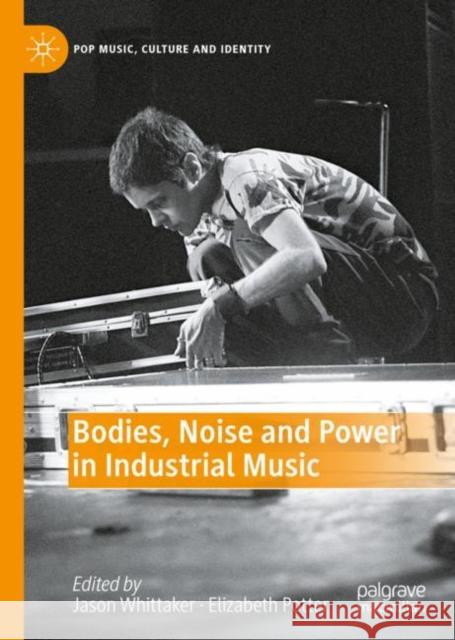Bodies, Noise and Power in Industrial Music » książka
topmenu
Bodies, Noise and Power in Industrial Music
ISBN-13: 9783030924614 / Angielski / Twarda / 2022 / 216 str.
Bodies, Noise and Power in Industrial Music
ISBN-13: 9783030924614 / Angielski / Twarda / 2022 / 216 str.
cena 562,23
(netto: 535,46 VAT: 5%)
Najniższa cena z 30 dni: 501,19
(netto: 535,46 VAT: 5%)
Najniższa cena z 30 dni: 501,19
Termin realizacji zamówienia:
ok. 22 dni roboczych
Dostawa w 2026 r.
ok. 22 dni roboczych
Dostawa w 2026 r.
Darmowa dostawa!
Kategorie BISAC:
Wydawca:
Springer Nature Switzerland AG
Seria wydawnicza:
Język:
Angielski
ISBN-13:
9783030924614
Rok wydania:
2022
Ilość stron:
216
Waga:
0.41 kg
Wymiary:
21.01 x 14.81 x 1.42
Oprawa:
Twarda
Wolumenów:
01
Dodatkowe informacje:
Wydanie ilustrowane











